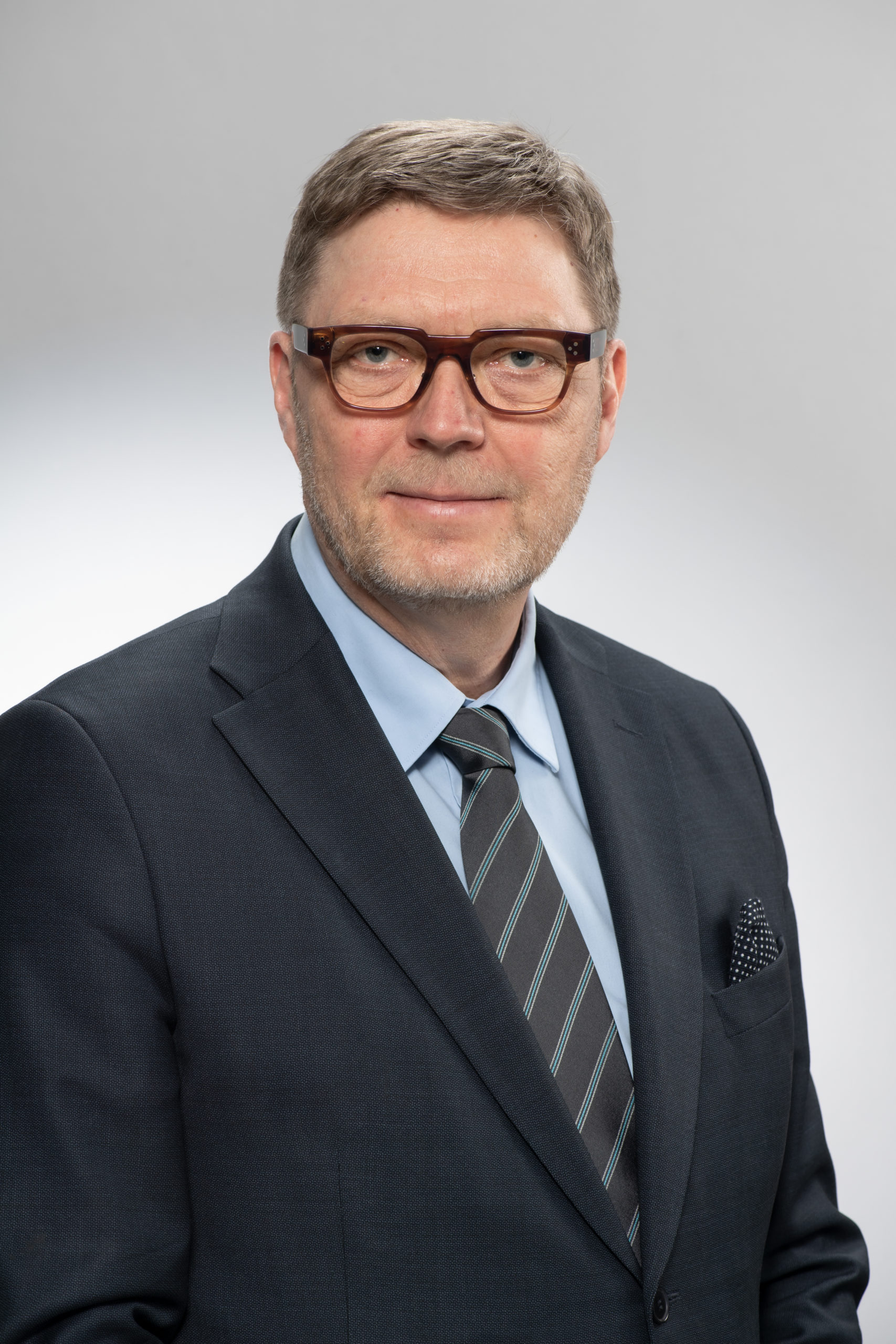Europe is rapidly greying, and Finland is the fastest-ageing nation in Europe. Nothing points towards our birth rates rising, and it is therefore vital to understand that if we wish to safeguard our well-being, guarantee workforce availability, and address the fiscal sustainability gap, we need to convince an increasing number of young people from other parts of the world to move here. In other words, Europe must take determined steps to become increasingly international.
The need for work-based immigration is relatively well acknowledged, and it is indeed essential not only for attracting talent, but also for our dependency ratio, employment rates and economic vitality in general. Contrary to some populist narratives, people coming from outside Europe aren’t here to “steal our jobs” –they pay taxes, boost the economy, increase demand, start new businesses, and create new jobs, products and services in Europe.
However, the opportunities offered by education-based immigration are something we should place more emphasis on. There is a global and growing demand for international education, while at the same time Europe’s own age groups keep shrinking. In addition to trained professionals, we should also welcome an increasing number of international students to vocational and higher education alike.
Work- and education-based immigration require considerably more effective integration policies from society, more fine-tuned processes from educational institutions, and closer collaboration between different actors, so that those graduating from European institutions find employment and can build a life in Europe.
Language skills play a major role in integration. While studies can be conducted in English, employment and integration require adequate command of the language(s) spoken in the new home country. For universities, this sets new requirements of incorporating language training in their educational programmes, alongside the subject matter.
Immigrants should not be seen as a mere resource that benefits our economy and fills our shortage of labour. They are people with their individual hopes and dreams; full-fledged members of society entitled to a full life. This requires a systemic internationalisation of the values, attitudes, structures and services of universities and society as a whole.
Jukka Mönkkönen
Rector
University of Eastern Finland










